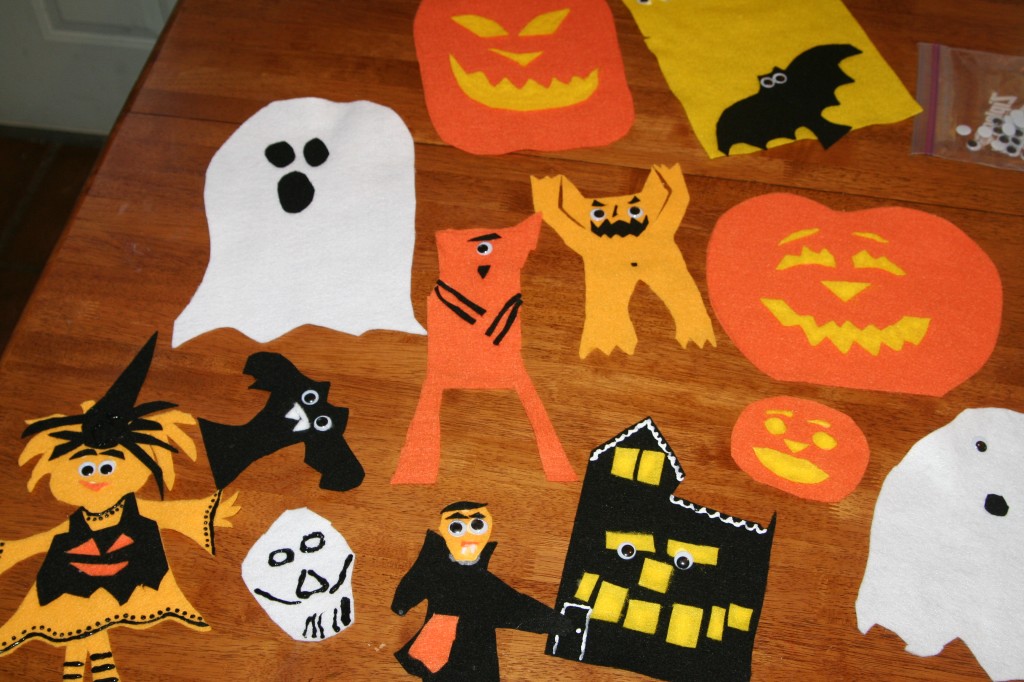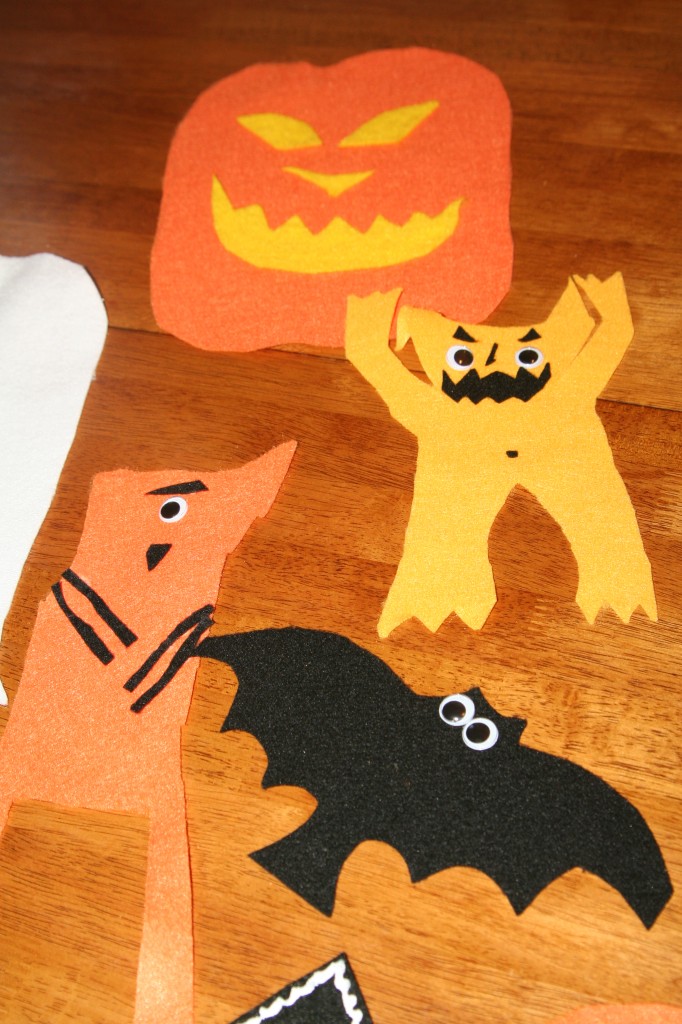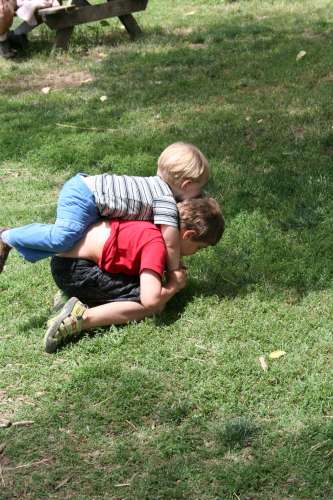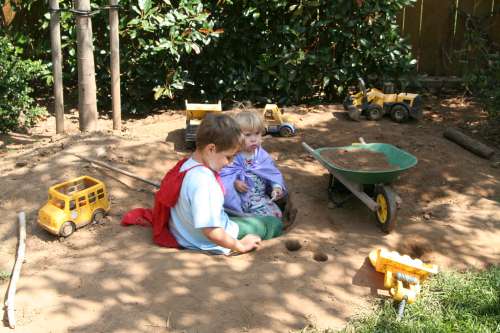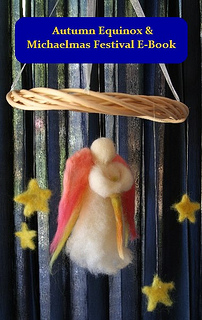I’m not feeling too great about how things went with Lucas yesterday afternoon. I feel like I ought to know better. I ought to have defused the situation before it escalated into the fight it was. Thing is, Lucas’s behavior is basically bipolar lately. He swings rapidly from adorable “I’m a flower fairy and my magic flower wand will cause all your flowers to bloom beautifully, Mommy” to … well … what I described last night. He went from being totally fine and companionable to hitting me in zero seconds flat.
To all of you who read that and sympathized with me (well, or with Lucas), thank you. I can sum up parenthood by saying this: every day, I wake up and try, try again.
Quoting from Your Six-Year-Old to validate my own experience and remember what’s going on with him:
“Your typical Sx-year-old is a paradoxical little person, and bipolarity is the name of his game. Whatever he does, he does just the opposite just as readily. In fact, sometimes just the choice of some certain object or course of action immediately triggers an overpowering need for its opposite.
“The Six-year-old is wonderfully complex and intriguing, but life can be complicated for him at times, and what he needs most in the world is parents who understand him. For Six is not just bigger and better than Fve. He is almost entirely different. He is different because he is changing, and changing rapidly. Though many of the changes are for the good—he is, obviously, growing more mature, more independent, more daring, more adventurous—this is not necessarily an easy time for the child.”
…
“One of the many things that makes life difficult for him is that, as earlier at Two-and-a-half, he seems to live at opposite extremes. The typical Six-year-old is extremely ambivalent. He wants both of any two opposites and sometimes finds it almost impossible to choose.”
…
“One of the Six-year-old’s biggest problems is his relationship with his mother. It gives him the greatest pleasure and the greatest pain. Most adore their mother, think the world of her, need to be assured and reassured that she loves them. At the same time, whenever things go wrong, they take things out on her.”
…
“At Five, Mother was the center of the child’s universe. At Six, things have changed drastically. The child is now the center of his own universe. He wants to be first and best. He wants to win. He wants to have the most of everything.
“Six is beginning to separate from his mother. In fact, it is this quite natural move toward more independence and less of the closeness experienced at Five that makes him so aggressive toward her at times. On the other hand, his effort to be free and independent apparently causes him much anxiety. He worries that his mother might be sick or might even die, that she won’t be there when he gets home from school. And in his typically opposite-extreme way, one minute he says he loves his mother and the next minute he may say he hates her.
“It’s not hard to understand why this strong emotional warmth toward and love for his mother, which occurs at the same time he is trying to learn to stand on his own feet, causes him much confusion and unhappiness. It is fair to say that Six is typically embroiled with his mother. He depends on her so much, and yet part of him wishes he didn’t.”
…
“But, rather sadly and touchingly, often when the child has been at his worst, once his temper calms down he will ask, “Even though I’ve been bad, you like me, don’t you?” Or, somewhat inappropriately, at the end of a very bad day a child will ask his mother, “Have I been good today?” It is an interesting fact about child behavior that the less praise and credit a child deserves, the more he wants and needs. The very difficult child needs a great deal of assurrance that he has been good.
“We must remember that a Six-year-old isn’t violent, loud, demanding, and often naughty just to be bad. There are so many things he wants to do and be that his choices are not always fortunate. He is so extremely anxious to do well, to be the best, to be first, to be loved and praised, that any failure is very hard for him.
“He is, part of the time, demanding and difficult because he is still, even at this relatively mature age, extremely insecure, and his emotional needs are great. If, with tremendous patience and effort, you can meet these needs, nobody can be a better, warmer, more enthusiastic companion than your Six-year-old girl or boy.”
…
“The child of this age is really a very vulnerable little person, very sensitive emotionally, especially when he is being good. Very small failures, comments, or criticisms hurt his feelings. But if he is being naughty, once he gets started on a bad tack, he may seem almost impervioust to punishment. That is why he needs so very much protection and understanding from his parents.”
